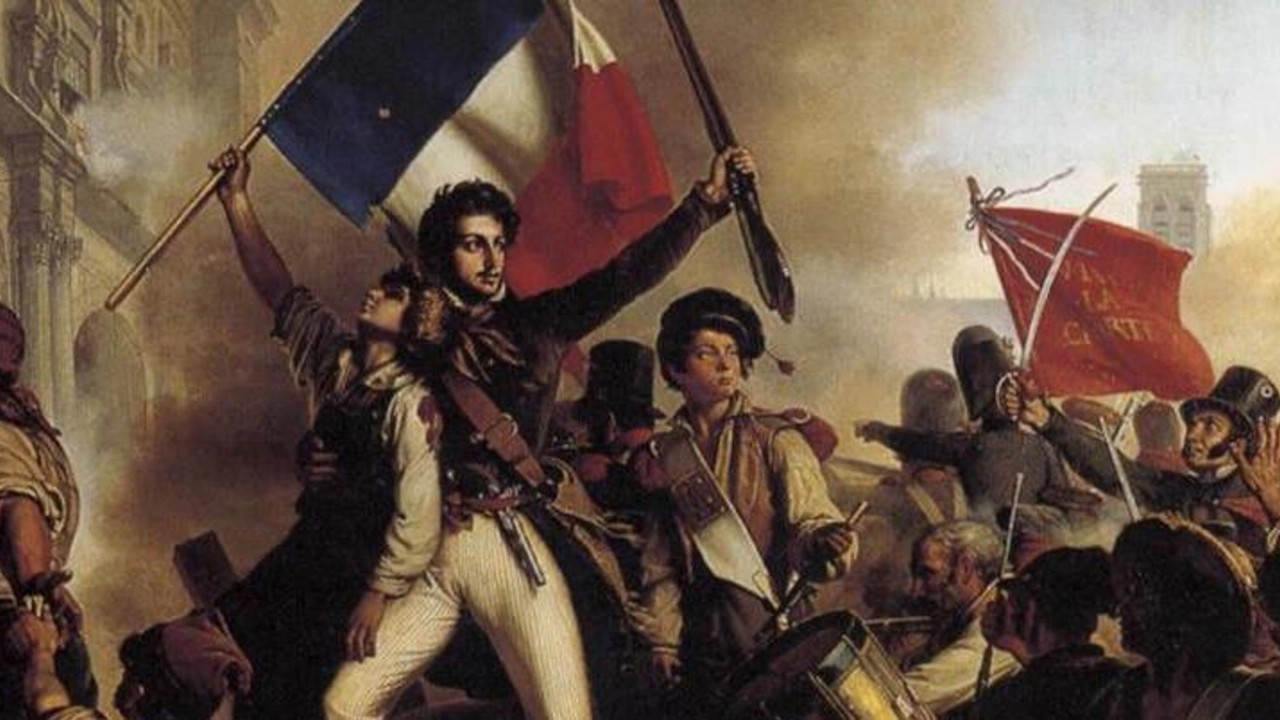18 Jul
2023
How did the French Revolution influence Germany?

The Catalyst of French Revolution
As a starting point, let's discuss the French Revolution itself. It was a period of significant social and political upheaval in France. From 1789 to 1799, citizens of France revolted against the monarchy, leading to a shift from an absolute monarchy to a republic. The French Revolution was a time of immense change and uncertainty, which had a profound impact not only on France but also on its neighboring countries, including Germany.
The French Revolution was a protest against an oppressive monarchy and the socioeconomic inequalities that were prevalent in French society. One of the central principles of the French Revolution was the assertion of the sovereignty of the people. This was a radical idea at the time, challenging centuries of royal authority and aristocratic privilege.
Spread of Revolutionary Ideas
The French Revolution was not just confined to France. Its ideas spread across Europe through various means such as wars, migration, and print media. Germany was particularly influenced by the French Revolution. The revolutionary ideals of liberty, equality, and fraternity resonated with many Germans, especially the intellectuals and the middle class.
The ideas of the French Revolution sparked a wave of revolutionary fervor in Germany. The Enlightenment ideals of human rights and government by the people, which were central to the French Revolution, found a receptive audience in the German states. Many Germans began to question the absolutist rule of their princes and sought to bring about political and social change in their own country.
The Napoleonic Wars
The Napoleonic Wars, which were a direct result of the French Revolution, had a significant impact on Germany. The wars resulted in a series of military conflicts between the French Republic led by Napoleon Bonaparte and a number of European powers, including the German states. These wars led to significant territorial changes in Germany and further spread the revolutionary ideals.
The Napoleonic Wars also led to the dissolution of the Holy Roman Empire, which had ruled over the German states for centuries. This event marked the beginning of a new era in German history, as it paved the way for the unification of Germany.
Rise of Nationalism in Germany
One of the most significant impacts of the French Revolution on Germany was the rise of nationalism. The French Revolution, with its emphasis on the sovereignty of the people, inspired many Germans to develop a sense of national identity. The dissolution of the Holy Roman Empire and the subsequent reorganization of the German states under the Confederation of the Rhine further fueled this sense of nationalism.
Furthermore, the Napoleonic occupation of Germany led to a strong backlash among the German people. This opposition to French rule fueled a sense of national unity among the German states. This rise of nationalism eventually led to the unification of Germany in the mid-19th century.
The Birth of Liberalism
Another significant impact of the French Revolution on Germany was the birth of liberalism. The ideas of freedom, equality, and democracy that were central to the French Revolution inspired a liberal movement in Germany. Many Germans, especially the middle class, began to demand constitutional government, civil liberties, and economic reform.
This liberal movement eventually led to the revolutions of 1848 in the German states, which sought to establish a unified, democratic Germany. While these revolutions were ultimately unsuccessful, they laid the groundwork for the eventual unification of Germany and the establishment of a constitutional government.
The German Unification
The French Revolution played a critical role in the unification of Germany. The dissolution of the Holy Roman Empire and the reorganization of the German states under the Confederation of the Rhine, both of which were a direct result of the Napoleonic Wars, set the stage for the unification of Germany.
The rise of nationalism and the liberal movement, both of which were inspired by the French Revolution, further paved the way for the unification of Germany. The unification of Germany, which took place in 1871, marked the end of centuries of political fragmentation and the beginning of a new era in German history.
Write a comment ( All fields are required )